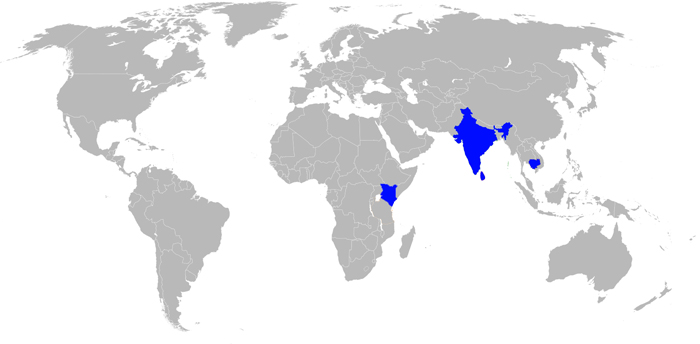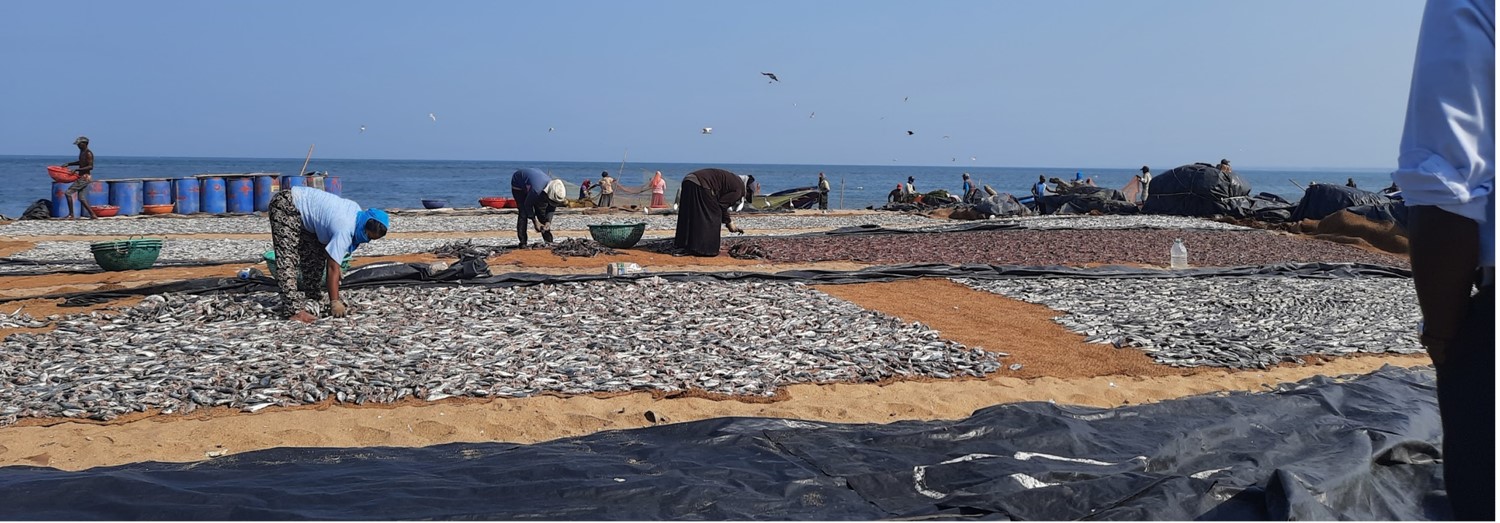Rupture, Gendered Adaptation, and the Social Economy of Indian Ocean Fisheries
The Transregional Planning Grants support the development of collaborative research projects that deepen understanding of the mutual shaping of social and environmental change in and across Indian Ocean countries. The grantees were chosen through a highly selective peer review process, conducted by an interdisciplinary and transnational group of regional experts. Source:
Following are Transregional Planning Grant recipients:
Link to Recipients of 2020 Transregional Planning Grant:
Our Project
Rupture, Gendered Adaptation, and the Social Economy of Indian Ocean Fisheries
The objective of the above project is to investigate the impact of environmental and economic “ruptures” on small-scale fisheries in the greater Indian Ocean region and how these are mediated by intersectional social relations: gender, ethnicity/race, caste, class, and place.
The project convenes an international, interdisciplinary collaboratory of scholars who conduct research on small-scale fisheries in four countries across the greater Indian Ocean region. The project seeks to better understand how different social-economic arrangements of small-scale fisheries across the Indian Ocean shape possibilities for successful and just adaptation to rupture.
More about the research
The research: Rupture, Gendered Adaptation, and the Social Economy of Indian Ocean Fisheries covers, India, Sri Lanka, Cambodia, and Kenya. Collectively, the project plans to develop a comparative study that investigates emerging economic and environmental changes in the region.

This research will strive to understand how different regional social economies of fisheries in the Indian Ocean shape possibilities for adaptation to rupture. Specific questions include;
- How do particular societal, economic, institutional, and environmental conditions generate divergent possibilities and outcomes for participants in small-scale fisheries in periods of rupture?
- How do different kinds of rupture (environmental, political, economic, etc.) impose divergent stresses on small-scale fisheries?
- Under what circumstances are fisheries-related livelihoods undermined or eliminated; when are they sustained or strengthened?
- How are actors in different social positions able to take advantage of, or be disadvantaged by ruptures?
- How, in particular, do gendered economic relations at multiple geographic scales inform occupation and livelihood decisions within IO fisheries?
- How can institutional regimes be reconfigured to become more responsive to variable impacts of rupture on different groups participating in small-scale fisheries?
